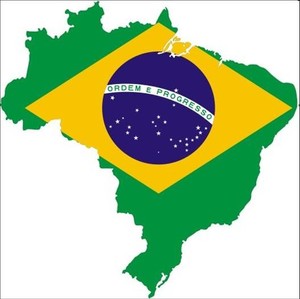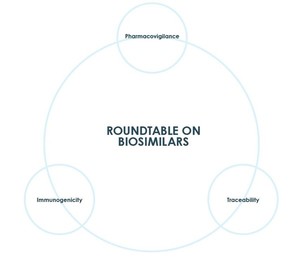In October 2013, a letter was sent to the US Food and Drug Administration (FDA) by a bipartisan group of US senators calling for biosimilars to have the same active ingredient name as the brand-name originator product [1]. This has prompted a response from ‘authors and champions’ of the biosimilars legislation.
The bipartisan group of US senators sent a letter to FDA expressing their concerns on the issue of naming of biosimilars. The group stated that ‘if biosimilars are unable to share the same active ingredient name as the brand[-name] originator product, we believe the Congressional intent behind the BPCIA [Biologics Price Competition and Innovation Act] would be undermined as would the safety and accessibility of affordable biosimilars’. The letter was prompted after FDA removed its 2006 statement on naming from its website.
Another group of bipartisan and bicameral US senators and congress members, calling themselves ‘authors and champions’ of the BPCIA, have responded in a 13 November 2013 letter to FDA that there was no such intent behind the Act. They stated that ‘it was the intent of Congress to provide the FDA with the flexibility to establish a science-based policy for non-proprietary naming of drug substances, and not to encourage the FDA to adopt a policy of either identical or differentiated naming.’
This statement comes after Swiss drug giant Novartis submitted a Citizen’s Petition to FDA on 30 October 2013 calling for biosimilars to ‘share the same INN [International Nonproprietary Name] as the reference product. The company urges that this would enable a ‘uniform approach to use of INN for all biologic[al] medicines’. Novartis argues that ‘INNs are not designed to identify a specific product or track adverse events’ and that ‘changing the naming convention would undermine FDA’s years of practice in reviewing and approving manufacturing changes of originator biologic[al]s without requiring new INNs’.
Novartis also argues that ‘a modified INN for biosimilars would impede their ability to compete fairly in the marketplace, create confusion and limit patient access to these critical medicines’.
Originator biologicals developer Amgen, on the other hand, supports the use of distinguishable names. In a statement in support of the letter from the principal authors of the biosimilar pathway, Amgen says that the company feels ‘strongly that all biologic[al] medicines need a distinguishable component in their non-proprietary (proper) name. This means that patients, caregivers, healthcare professionals, regulators and industry can more readily and accurately identify, investigate and report adverse events’.
Editor’s comment
What do you think about the biosimilars naming debate? Please feel free to share your thoughts in a Letters to the Editor to GaBI Journal via email or in the comments section below. How should biosimilars be named? Should biosimilars have unique INNs or should they share the same INN as their reference biologicals? How will safety be affected by any decision over naming of biosimilars?
Related articles
Fight continues over biosimilar naming standards
Naming and interchangeability of biosimilars raised in new survey
References
1. GaBI Online - Generics and Biosimilars Initiative. Calls for biosimilars to have same INN at WHO meeting [www.gabionline.net]. Mol, Belgium: Pro Pharma Communications International; [cited 2013 Nov 22]. Available from: www.gabionline.net/Biosimilars/General/Calls-for-biosimilars-to-have-same-INN-at-WHO-meeting
Permission granted to reproduce for personal and non-commercial use only. All other reproduction, copy or reprinting of all or part of any ‘Content’ found on this website is strictly prohibited without the prior consent of the publisher. Contact the publisher to obtain permission before redistributing.
Copyright – Unless otherwise stated all contents of this website are © 2013 Pro Pharma Communications International. All Rights Reserved.
Source: Amgen, Sandoz, US Senate








 0
0











Post your comment